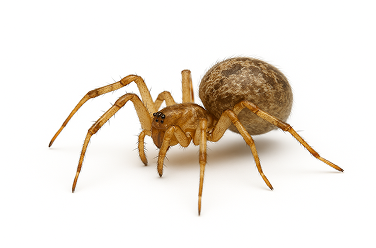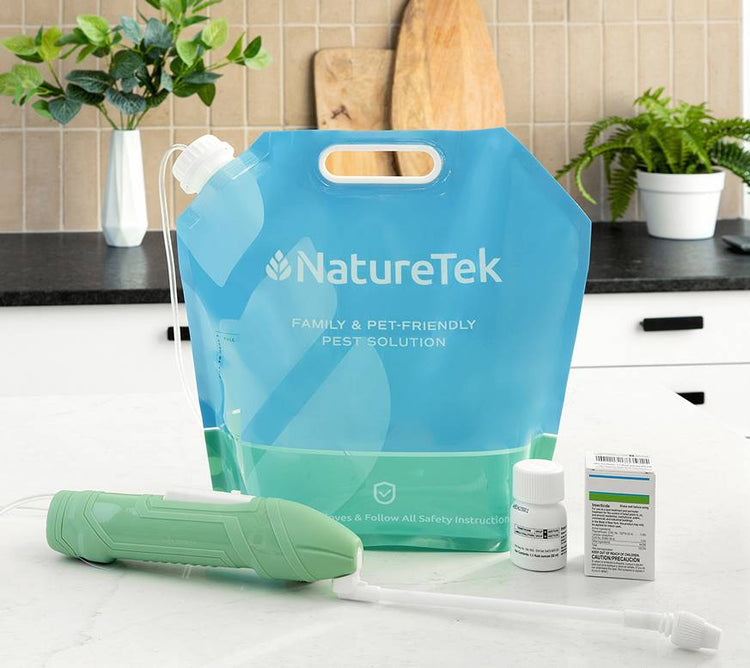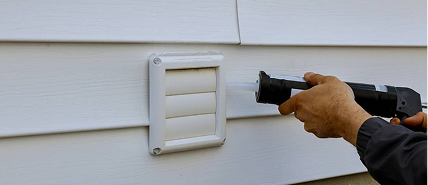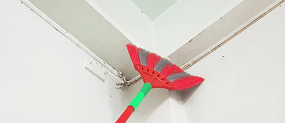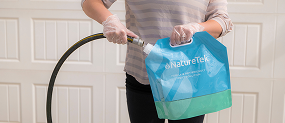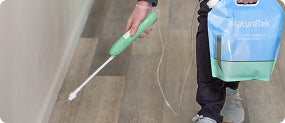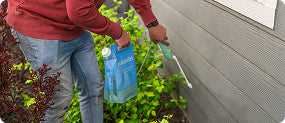Spiders
Spiders can be unsettling pests, and some species pose real dangers to humans. Venomous spiders like the black widow and brown recluse can deliver painful bites that cause severe reactions, including tissue damage and medical complications. Their presence in homes can also lead to fear and anxiety. This guide provides essential steps to identify, eliminate, and prevent spider infestations, keeping your home safe.

Here are some of the most common spider species found across households in the United States.
-
American House Spider

-
Cellar Spider

-
Common House Spider

-
Garden Spider

-
Hobo Spider

-
Jumping Spider

-
Orb Weaver

-
Wolf Spider


Size: Varies widely; small house spiders are 1/8 inch, while large wolf spiders can reach over 2 inches in body length.
Body Shape: Two distinct body segments: a cephalothorax (head and legs) and an abdomen, often rounded or elongated.
Color: Typically brown, black, gray, or tan; some species have bright markings, stripes, or patterns.
Legs: Eight legs, often long and slender or thick and hairy, depending on the species.
You can use the following model to help you identify an american house spider .
